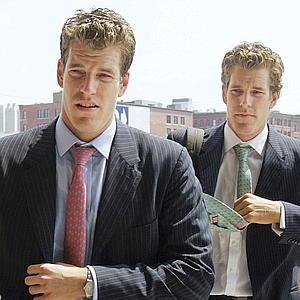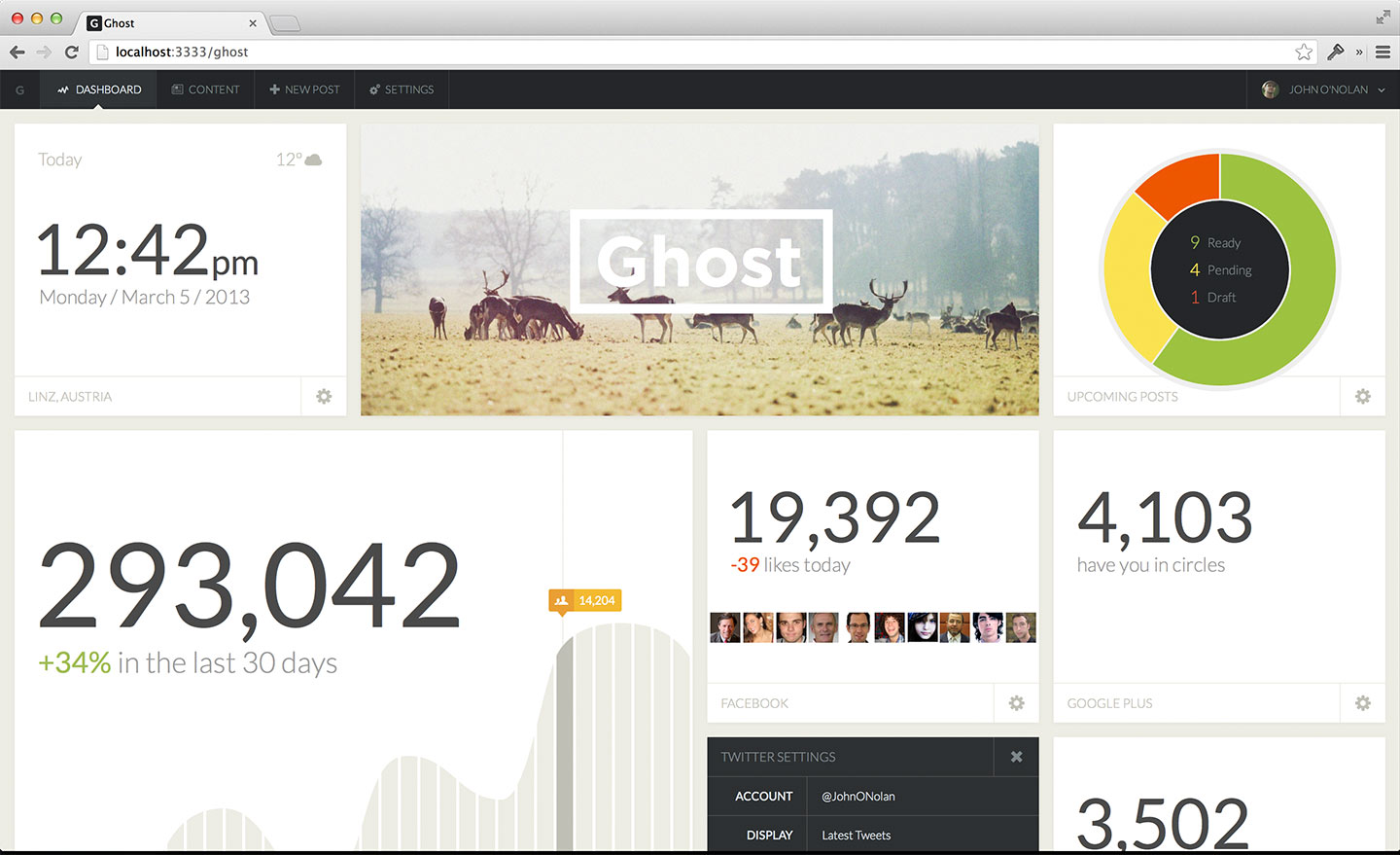 Dr. Abraham Maslow put self-actualization at the top of his hierarchy of needs. Plato encouraged Socrates to "Know Thyself." In NYC, when crossing the street, it is should be "Know Thy Stride," that just might be the difference between getting to the other side of the street and being a NYC Taxi and Limousine Commission statistic.
Dr. Abraham Maslow put self-actualization at the top of his hierarchy of needs. Plato encouraged Socrates to "Know Thyself." In NYC, when crossing the street, it is should be "Know Thy Stride," that just might be the difference between getting to the other side of the street and being a NYC Taxi and Limousine Commission statistic.
I am tall. I'm even taller on days when I wear my cowboy boots (or said another way, everyday.) I live in NYC and therefore my expectation of the speed for walking would look like running to others. As a result, my stride is longer than most. This can be hazardous when I am walking with someone through the city that is more vertically challenged, especially if they're not used to the pace of the city that doesn't sleep.
Knowing my stride allows me to get across neighborhood streets and avenues quickly. Knowing my stride gives me confidence when stepping off the curb at 23rd Street and 6th Ave in the middle of pedestrian rush hour with the Walk/Don't Walk sign signaling that there is only 4 seconds left before aggressive cabbies stomp down on the gas and come flying through the crosswalk. Knowing my stride lets me take the risks that others with different strides might not.
The same can be said about life. Knowing your stride allows you to know how far you can stretch and how fast. It allows you to say yes to risks that you know you can outpace and say no with confidence to opportunities that you understand intuitively will end up with misaligned expectations and damage to everyone involved.
But, just like walking in NYC, you only learn the full extent of your stride by using it and pushing it to the limit.



